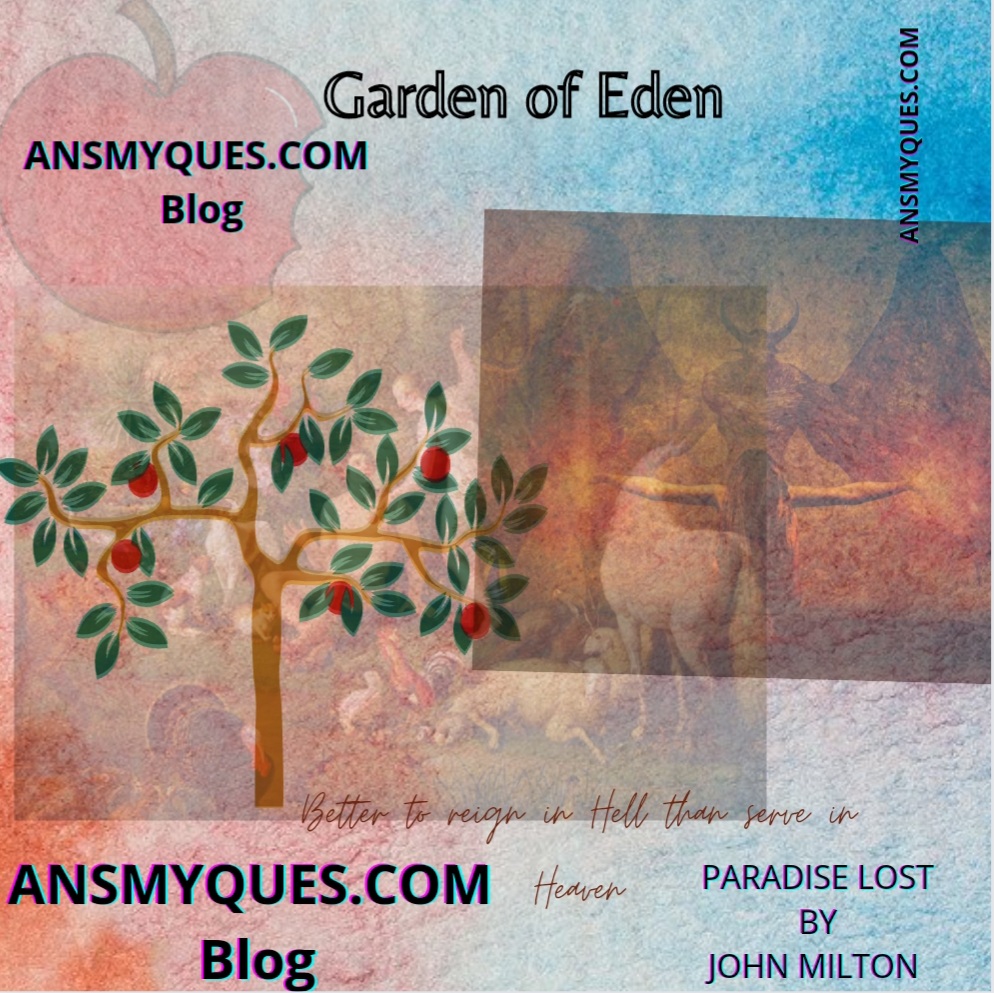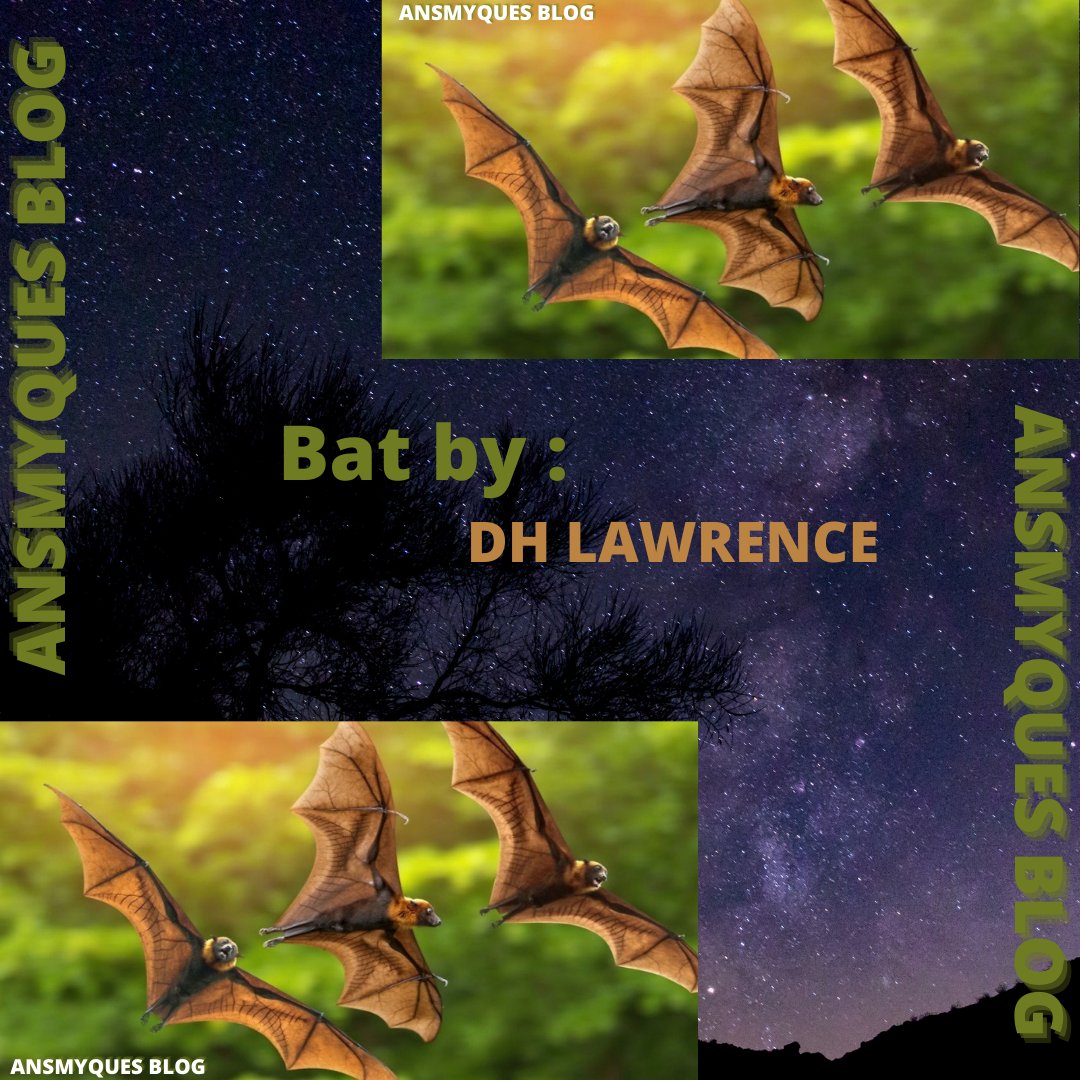The Song of The Women of My Land (Background, setting, summary and Theme)
Like a sculptor chipping away at bits of wood,
Time chisels away bits of their
memory
It strips away lyrics of the song of the women of my land
Leaving only a fading tune echoing the song,
they sang in the forlorn fields
about their lives songs
of how they ploughed the terrain of their landscape
for memories of lyrics lost in the vast void of time,
in those days when a song behold their souls,
and dereliction decapitated the epic of their lives.
With a song, they sponged off their anguish,
to behold their collective pain,
to celebrate their gains,
give lyrics to the tune of their lives
cheat the tyranny of time
and commune with the yet unborn
to give meaning to an epoch lost in antiquity,
Yet time strips the lyrics and scars the tune,
leaning a dying song.
Dead!
Like the woman who died long ago
Leaving the song to tell them of their lives.
Today, the tune roams the forlorn fields
Like their souls looking for lyrics.
To tell the tale of the servitude
Of the women of my land
Who ploughed their soil and soul
For a song to sing the story of their lives
The song of the women of my land
left in the memory of my mind.
Now feeding the verses of poets, it echoes in
Wriggling in rhythms and melodies,
Hollering in distant tunes
In places far afield the forlorn fields,
Where the song of their lives died.
The stuttering lips of my pen
And the screeching voice of my rib
try to sing the song of the women of my land
In verses far from the theatre of toil
Where they left a song that now roams the land
Stripped of lyrics like a scorned ghost
The tune tuning the tenor of my verse
is all that remains of the song of the women of my
land
Who laboured and died leaving a dying song
The dirge of their lives.
BACKGROUND OF THE POEM
Many years past and many eras’ gone and for every of these has it own way of subjugating women to tone of humiliations. Women have been treated inferior to men in many ways ranging from Job opportunities, political office, religious leadership and so on and so forth, although the modern time has got them speak up over this grave humiliations. Women have been victims of oppression, exploitation and other inhumane and undignifying treatment. In the case of Africa, women have come under the double yokes of oppression by their men, as well as the colonial system the continent had witness in one ephod of the continental history.
Despite this unhealthy reality, there is the tone of tenacity that has always raise the morale of these women to endure their condition, they kept singing away there sorrow and hoping for a new dawn of joy. This suffering, pain and anguish is particularly applicable to the peasant women in the rural area of the continent, where women toil daily in the sun, in the fields, and contribute to the sustenance of their families and their country at large, but the only worrying thing here is that their deeds are indeed left unsung. Infact, only a few members of their communities even have good memories of these women after their death. When, occasionally, a person remember such women or one of them, it is not uncommon to see the person compose or perform a dirge in their memory. Vividly, this was what the poet Oumar Farouk Sesay did try to point out when he writes this.
SETTING OF THE POEM
The setting of the poem is in one of the villages in Nothern sierra Leone, most probably masingbi in Tokonili district from which the poet hail. The women’s main occupation in this part of the country is farming and agriculture as they not only use this to help in financing business with it, but also contribute to the development of the society at large.
This has been seen as hardworking on their part and one of better ideas of promoting and contributing to the national wealth of their country. The time of the setting of the poem is clearly seen has not this modern era with words like in distant past, other deductions are vivid with ‘the vast void of times’, “in those days“, “an epoch lost in antiquity“, “long ago‘ and so on. However, as it can be assumed that there is a connection or better said bridge between the late past and the modern age, as only a few thing has change in the plight of this women.
SUMMARY OF THE POEM
This poem centrals on the plight African women have come to withstand over the century, how their heroic deeds have left unsung and how men has oppress them over these years and even in morden society. Should we call this endemic? Especially that of the peasant women in traditional African society. The poetic personal recalls how the women in this society and, perhaps during the slave trade, were subjugated and subjected to oppression and hard labour on plantations. In a very clear tone of anguish and pain, the personal lament for the women and recollected how the women coped with the subjugated condition of ever stopping and entertaining themselves with singing.
The lines of this songs consist of the stories of their lives, unfortunately, are hardly remember today. The time of the songs, which are a shadow of the substance, are the only thing available to the poetic persona to write about. In other words, the poetic persona is only giving the reader a little fragrance he or she is able to remember from the experiences and song of these women.
In lines 12-18, here, the poetic persona recaps how the women of the land warded off their collective sorrow and pain by singing “to celebrate their gains”. They also do sing to forget whatever suffering they might have witness over time in the hands of their frustrates, also this song is meant to while away the oppression of their present condition, to reflect about the future, and also to know what dreams they still foreshadow and understand their past/history.
In line 37-46, here, the poetic persona comment of the efforts at capturing what has happen to the lives of the women in his verse. He observes that the lips of the pen stutters while his rib screeches in the attempt to the song of the women of his land. In other words, he finds it hard for himself trying to capture the story of the women in his poem since the events making up the women’s story took place at a place and time far away from the present. He buttress this with this line that the song of the women has loss it’s value over time and has become stripped of its lyrics/contents, while all that is left is what the poems offers. This is that, many part of the stories about subjugation and subjection of the women where not written and not talked about because modern day and the old time has no different. The poet then end the 46 line poem with the induction that the women’s life is indeed a dirge.
THEMES IN THE POEM
1. All time women’s oppression
2. Tenacity of women
3. Plight that comes with subjugation
4. Joy amidst myriads of problem
5. The power of time




Thanks for the analysis it makes the poem easy
Thanks for the simplicity of the analysis,it aids easy understanding of the poem